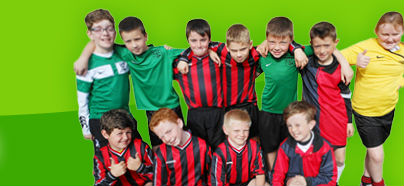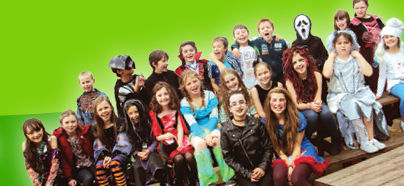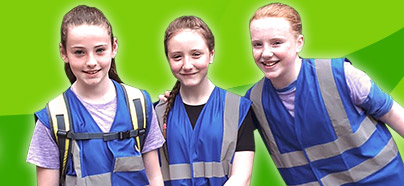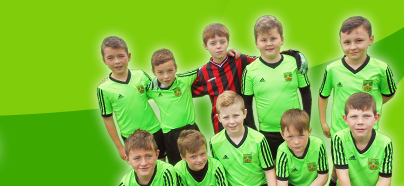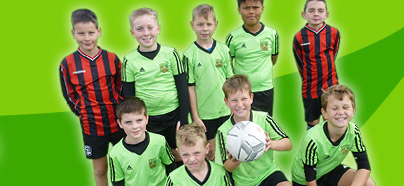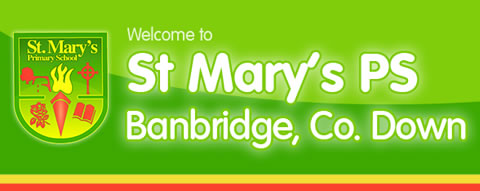How do we help your child?
How do we help your child?
Children do not all learn at the same rate or pace. Some may have difficulties with aspects of their learning from time to time but most children with learning difficulties do not have special educational needs. If your child is provided with different work or activities in class from that of their peers, you should not worry. All children are different.
Your child’s teacher is responsible for meeting the needs of all pupils in their class. Teachers use a wide range of approaches, strategies and resources to support pupils’ learning. This can include different teaching styles, differentiation, group work and reasonable adjustments. We try to facilitate small group teaching and learning, where additional adult assistants are available. The school is equipped with a mainstream sensory room, the Zen Den, and runs weekly Sensory Motor Group sessions to support specific pupils’ physical, sensory, social, behavioural, emotional and wellbeing needs.
Children with additional/SEN needs are identified through assessment and monitoring. We have a robust Cycle of Support to identify and monitor pupil progress and support children with additional needs. When time has shown that whole school educational provision ceases to be effective and the pupil is not making progress in learning, the school would consider making special educational provision. The class teacher and/or the Special Educational Needs Coordinator (SENCo) will discuss the need for additional/special educational provision for your child. If your child does not make progress over time, the school will follow the various stages set out in the Code of Practice on the Identification and Assessment of Special Educational Needs (SEN). See EA Information Leaflet attached.
Dyslexia Friendly School.
St Mary’s is a Dyslexia Friendly School. Please ask for our Dyslexia Friendly School Guidance. As a school, we support pupil’s difficulties whether they have a diagnosis or not. We support pupil needs at they present in school. Although teachers cannot diagnose dyslexia, they are skilled in identifying and supporting the range of needs associated with dyslexia i.e., spelling, reading, working memory, processing, organisation, visual stress and self-esteem etc. In the instance where parents may seek a private assessment and obtain a private diagnosis, this most often may not change the level of support your child continues to receive in class. Most children’s needs are met through a range of appropriate class strategies and differentiation of classwork. However, as every child’s needs are different and individualised, they can be discussed with class teacher and/or SENCo.
As part of the school’s annual data analysis of yearly standardised test scores, children who meet criteria, can be referred to the Educational Psychology Service for consideration for EA Literacy Support. If accepted, children receive specialist teaching support in school with the EA Literacy Service - subject to EA criteria.
EA Literacy Service website https://send.eani.org.uk/support-services/literacy
St Mary's Primary School, Reilly Street, Banbridge, Co Down BT32 3DJ | T: 028 4066 2572 | E: info@stmarys.banbridge.ni.sch.uk
 Menu
Menu

